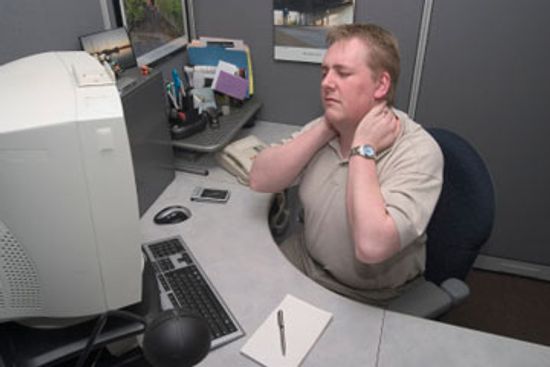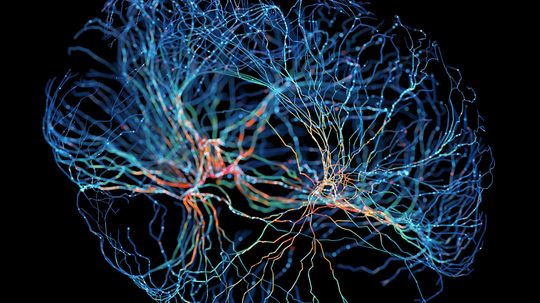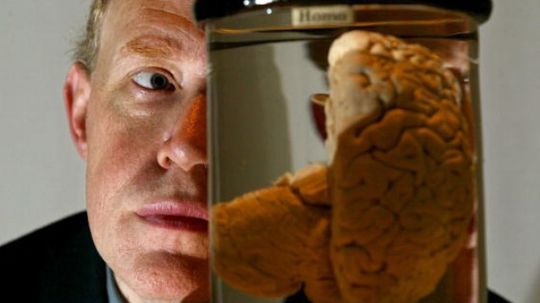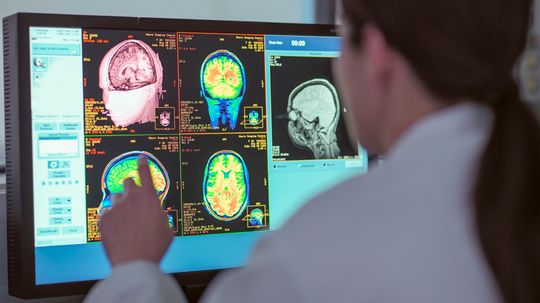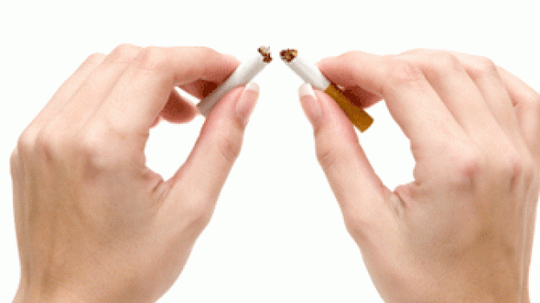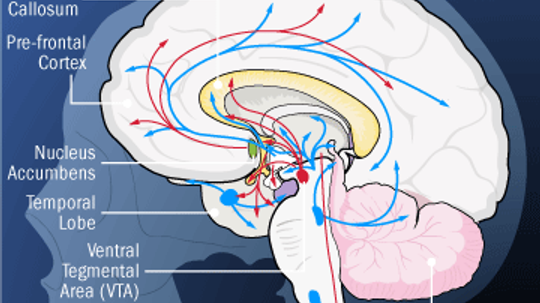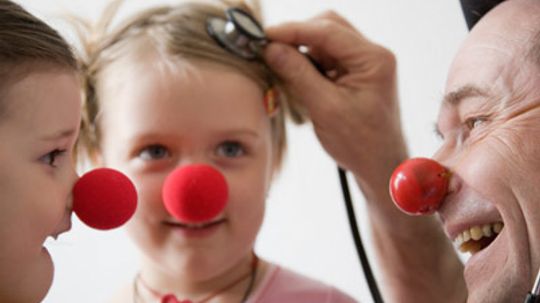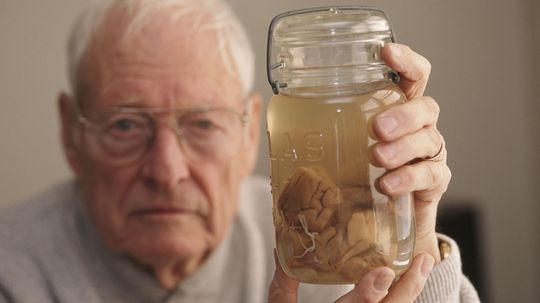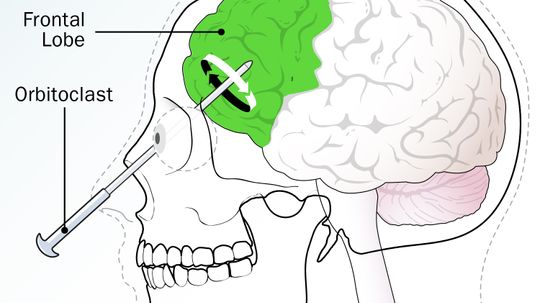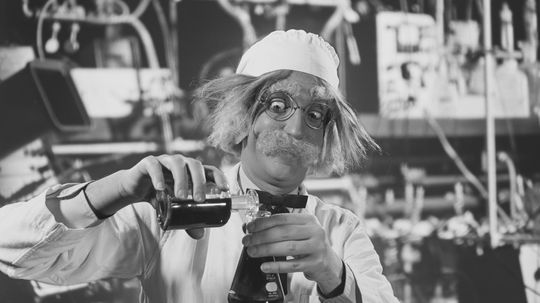Inside the Mind
What are dreams really made of? Are humans the smartest animal? What causes schizophrenia? Travel inside the mind and find out how the human brain works.
Learn More / Page 4
Brain mapping attempts to provide a complete picture of the brain's structure, but few know how brain mapping works. Learn how brain mapping works.
By Susan L. Nasr & Sascha Bos
If bigger is better, then some of us have the advantage when it comes to brainpower. Human brains (and noggins) don't all look the same. Does size really matter? And if it does, who comes out on top?
People with schizophrenia can experience delusions, hallucinations and paranoia. But they don't have to suffer social isolation. Find out what successful treatments can help people with the disorder.
By Jane McGrath
Advertisement
In the wild, are brains better than brawn? Find out when your fight-or-flight response is your friend and when it's your enemy.
Everyone cries. For some it's an emotional response, while others just shed tears when chopping onions. Are tears a way for us to cleanse our bodies?
By Alia Hoyt
We've all felt fury wash over us. Whether it's the guy who blurts the score to the game you TiVo'ed or the woman who lets the door slam in your face, anger is universal. You might as well learn how it works.
It doesn't exactly seem like something the human body would do, let a large portion of itself go to complete waste. Is it true that most of your brain is on permanent hiatus?
Advertisement
Three weeks of hard work. Is that all it takes to kick your smoking habit, taste for junk food or serial inability to stop hitting the snooze button? Sounds almost too good to be true, doesn't it?
By Julia Layton
The great bullies that have graced the movie and television screen are mostly males, from Bluto to Biff Tannen. We tend to expect boys to throw the punches. But just because girls aren't bloodying noses on the playground doesn't mean they aren't fighting dirty.
Happiness is a wonderful thing. Unfortunately, it can also be elusive due to stress or depression. However, strategies abound that you can use to trick yourself into being happy. Ready for 10 of them?
Despite our best intentions, sometimes we just make bad choices. Is it possible to fight your own worst instincts? Only if you can spot these flaws in your decision making process.
By Tom Scheve
Advertisement
If someone tells you he or she possesses the secret of happiness, that person may also have a bridge to sell you. The things that make some people happy may lead to utter despair in others. As it turns out, humans may have to look into themselves to find happiness.
By Josh Clark
What constitutes happiness? Is it the absence of pain or an abundance of pleasure? It is simply a fortunate function of the brain? If it's the latter, then we should be able to manipulate it -- perhaps in the form of a "happy pill." It may surprise you, then, to learn that we already have one.
By Josh Clark
We need food for sustenance and nutrition, but we also eat for pleasure. We like the way some things taste, and enjoy the experience of eating, but can food actually make us happy?
By Josh Clark
Clowns might seem to have more foes than friends, but these entertainers are a key part of laughter therapy in hospitals. There is increasing evidence that a few hearty chuckles can help you along the road to recovery.
Advertisement
Traditional psychology has proven effective in studying and treating mental illness. However, some in the field want to study what makes patients happy instead of what makes them miserable.
By Josh Clark
Exercise, hot peppers, sex: All of these things are said to give you an endorphin rush. What's the science behind this chemical high -- and how do you keep it going?
By Tom Scheve
Think about how you would describe yourself to a stranger. Would you emphasize your keen sense of humor or physical features you're fond of? Or would you spend more time on supposed "trouble spots"? Your answer largely depends on your mental picture.
E=mc2. The theory of relativity. An understanding of the speed of light. These ideas all came from the brain of one man: Albert Einstein. But what happened to his brain after he died?
Advertisement
It's safe to say that no one particularly wants an ice pick through the eye socket. And yet, for years, people who were mentally ill or merely "difficult" had parts of their brains removed this way. The natural question: Why?
We've all heard of a "sixth sense" and extra-sensory perception. So how many ways can we actually sense the world around us?
Every animal sleeps -- some more than others -- but why they do it is a mystery to scientists. Is sleep more than just beauty rest? Could skimping on it kill you? And how much do you really need?
The term IQ typically refers to a score on a test that measures someone's cognitive ability. What does this test constitute exactly? And does it accurately measure intelligence?
By Alia Hoyt
Advertisement
So you're at a family dinner, and your uncle stands up and dramatically announces that he has a brain tumor. How does he know? Because he researched his frequent headaches on the Internet.
Your little brother might think it's funny to put a rubber snake in your pocket or jump out from a closet in a dark hallway, but your heart rate might disagree. Is it possible to be scared out of both your wits and your life?
